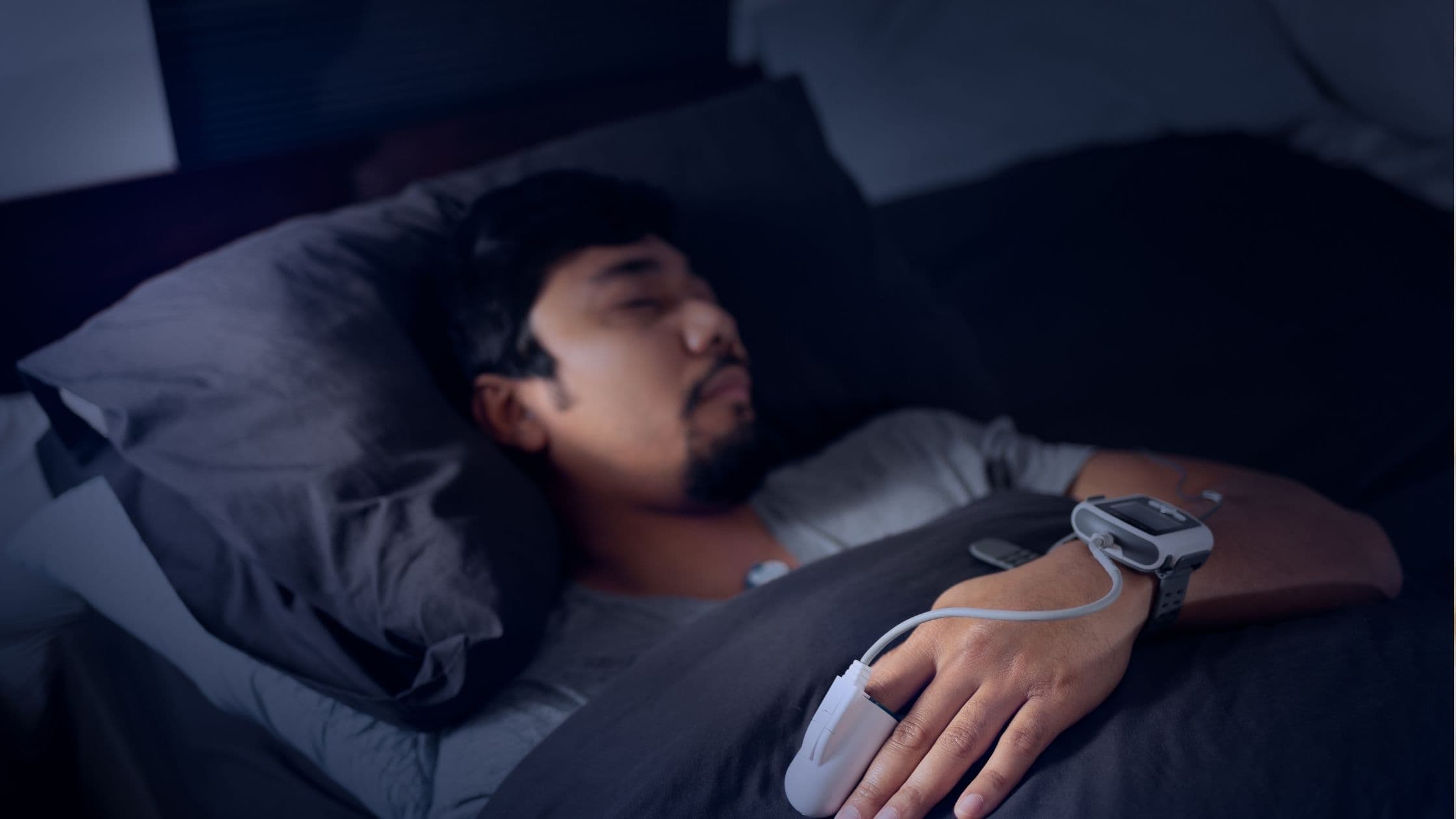Unveiling Sleep Disruption: A Guide to Sleep Study Symptoms

Are you struggling with sleep issues? The sleep disorders center of Georgia and sleep center Atlanta provide comprehensive evaluations to help diagnose and treat various sleep disorders. This guide will help you understand when to seek professional help through a sleep study.
What is a Sleep Study?
A sleep study, also known as a polysomnogram, is a comprehensive diagnostic tool used by sleep specialists in Atlanta to identify various sleep disorders. These studies are conducted at specialized facilities like the Emory Sleep Center and other sleep medicine Atlanta locations.
Common Signs You May Need a Sleep Study
While occasional sleep disturbances are normal, persistent symptoms may require evaluation at a sleep center Atlanta GA. Here are key indicators that you might benefit from a professional sleep assessment:
1. Insomnia
- Difficulty falling asleep (taking more than 30 minutes)
- Frequent nighttime awakening
- Early morning awakening with inability to resume sleep
- Feeling unrested despite adequate sleep time
2. Excessive Daytime Sleepiness (EDS)
- Persistent fatigue despite adequate sleep
- Difficulty staying alert during daily activities
- Reduced performance at work or school
- Risk of falling asleep while driving
3. Sleep Apnea Symptoms
Common signs that might indicate the need for evaluation at an Atlanta sleep center:
- Loud, chronic snoring
- Witnessed breathing pauses during sleep
- Gasping or choking upon awakening
- Morning headaches
- Difficulty concentrating
- Persistent daytime fatigue
4. Restless Legs Syndrome (RLS)
- Irresistible urge to move legs, especially at night
- Uncomfortable sensations in legs that improve with movement
- Symptoms that worsen during periods of inactivity
- Difficulty falling or staying asleep due to leg discomfort
Additional Sleep Disruption Indicators
Show Image
Other symptoms that might warrant evaluation at a sleep specialist Atlanta include:
- Unusual nighttime behaviors (sleepwalking, night terrors)
- Disrupted sleep patterns
- Impact on daily functioning
- Mood changes related to poor sleep
- Difficulty maintaining regular sleep schedule
Professional Sleep Evaluation Options in Georgia
Finding the Right Care Provider
Several options are available for sleep evaluation in Georgia:
- Primary Care: Start by consulting a "primary care near me" provider who can refer you to appropriate specialists
- Sleep Centers:
- Sleep Center Atlanta GA
- Emory Sleep Center Doctors
- Sleep Medicine Atlanta
- Hospital-Based Studies: Many hospitals in Atlanta GA offer sleep studies, including:
What to Expect During a Sleep Study
When you visit a sleep clinic Atlanta, your evaluation may include:
- Comprehensive medical history review
- Physical examination
- Overnight sleep monitoring
- Advanced diagnostic testing
- Consultation with sleep specialists
Treatment Options and Follow-Up Care
After your sleep study, specialists at Atlanta medical centers will develop a personalized treatment plan that may include:
- Sleep hygiene education
- Medical interventions
- Lifestyle modifications
- Continuous positive airway pressure (CPAP) therapy
- Follow-up care and monitoring
Insurance and Payment Options
Many Georgia healthcare providers and insurance plans cover sleep studies. Contact your insurance provider or local healthcare Georgia facility to understand your coverage options.
When to Seek Immediate Care
While most sleep issues can be evaluated through scheduled appointments, some symptoms require immediate attention at an urgent care Atlanta location:
- Severe breathing difficulties during sleep
- Chest pain or pressure
- Extreme daytime sleepiness affecting safety
- Other concerning symptoms
Conclusion
Don't let sleep disorders impact your quality of life. If you're experiencing any of the symptoms discussed above, consider scheduling an evaluation at a sleep center Atlanta. Early diagnosis and treatment can help you achieve the restful sleep you deserve.
Schedule a Sleep Consultation Today | Find a Sleep Specialist Near You | Learn More About Sleep Studies
Remember: This information is for educational purposes only. Always consult with qualified healthcare professionals for proper diagnosis and treatment of sleep disorders.